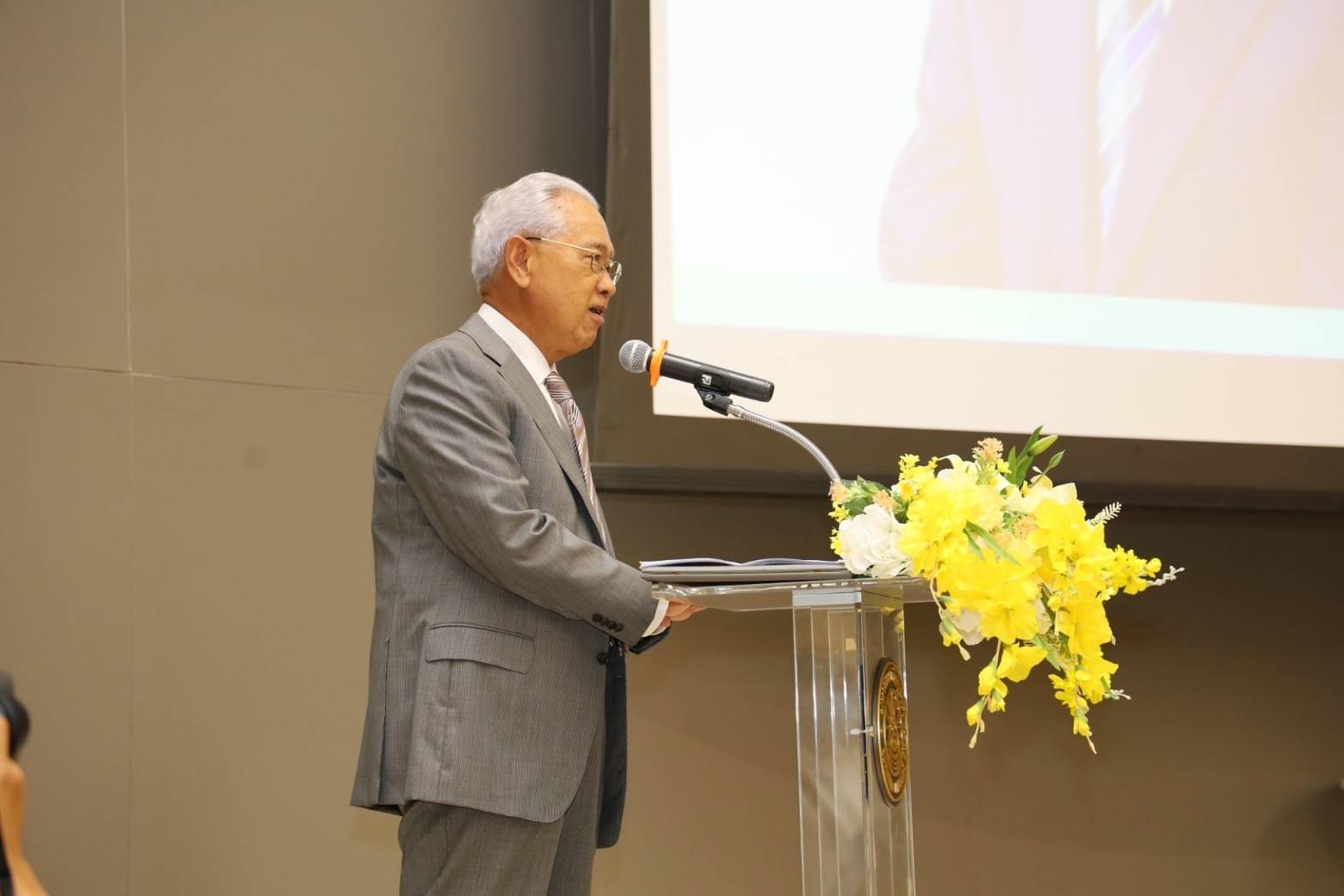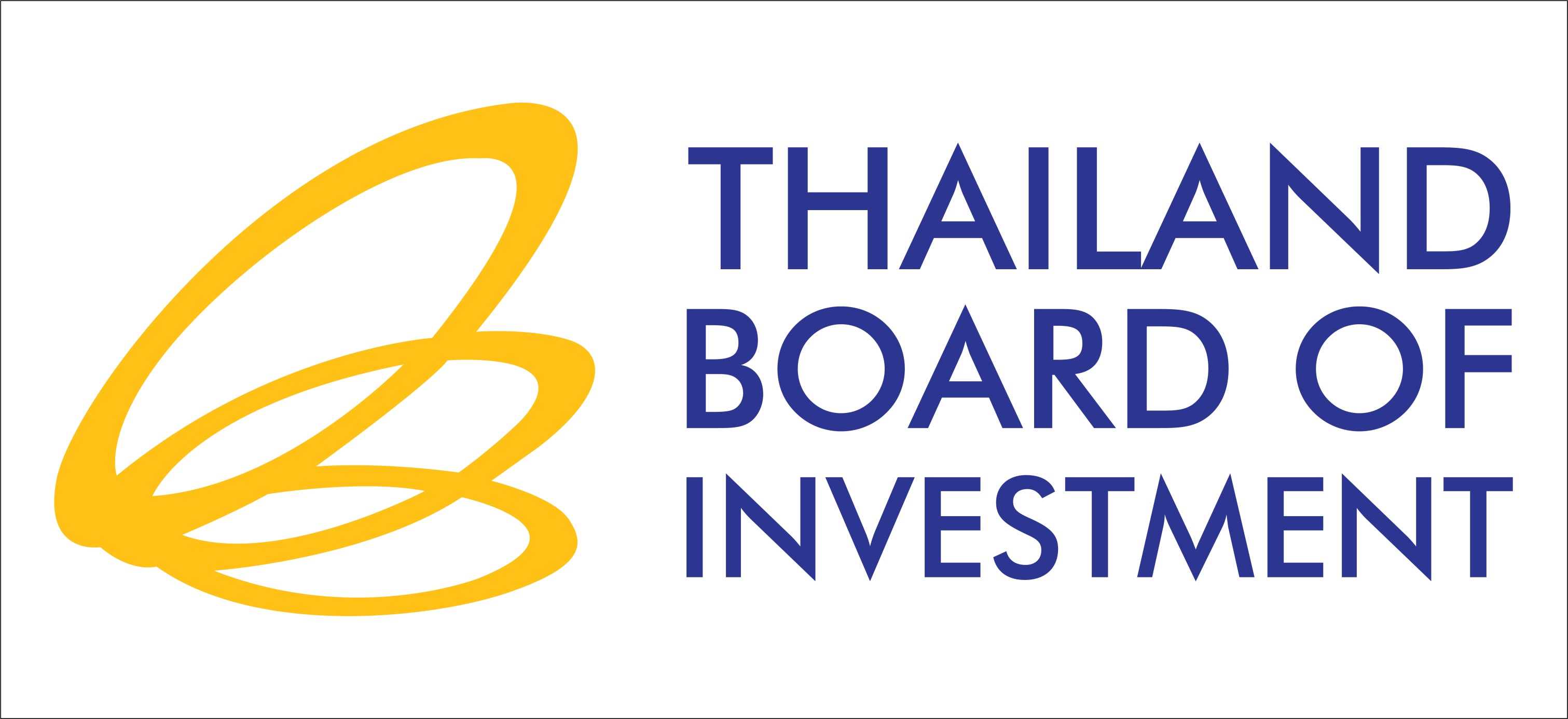EEC / sustainable water management
EEC / sustainable water management
Editorial staff
Sustainable management plan for water resources in eastern region is urged to take action.
Related agencies are urged to work together on sustainable management for demand and supply water in the eastern region of the country.
The Eastern Economic Corridor Office (EECO) collaborated with the Snoh Unakul Foundation, Thailand Development Research Institute (TDRI), Geo-Informatics and Space Technology Development Agency (GISTDA) and the Sustainable Development and Sufficiency Economy Studies Center of the National Institute of Development Administration (NIDA) to organize the 2024 State of the Eastern Region Conference on the topic “Water Management and the Ecology of the Eastern Region."
The report by the Foundation recommended for water resources management in the eastern region that the public sector should improve more efficiency of water, management both demand and water supply, the strengthening capability among local authorities, communities and water users, the implementing an Integrated Area-based Water Resource Management (IWRM) system in Eastern Economic Corridor(EEC), with a plan in preparation for climate change impacts and disasters in the EEC and the eastern coast of Thailand.

Narongchai Akrasanee, chairman of the Snoh Unakul Foundation, said the 2024 State of the Region Conference was aimed to create a forum for exchanging knowledge among different sectors related to water management to ensure the sustainability of water resources, both in quantitative and qualitative terms.
The seminar could enhance collaboration among the public sector, local administrative organizations, private sector, industry, civil society, educational institutions and youth. The conference also unveiled the findings and recommendations from the Eastern Region Sustainable Development Report regarding water management.
The report was initiated by the foundation to monitor the development of the eastern region in Thailand within a sustainable development framework. It presented a dashboard that monitors change in terms of the environment, economy and society, as well as results from a public survey of local people in the region.

Chula Sukmanop, EECO's secretary general, said the study showed advanced technology and people ability in water management. This includes the Actionable Intelligence Policy (AIP) platform developed by GISTDA to support an evidence-based approach to managing water in the EEC.
The seminar also showcases Ban Mabchan in Rayong province which demonstrates robust local capacity for self-managing water resources, which shows the viability of alternative approaches for addressing challenges related to water management in the region.
Mr Chula convinced that water supply in EEC is sufficient if following on the development plan of EEC (2023-2027).
23 February 2024
Viewed 220 time
 EN
EN 




